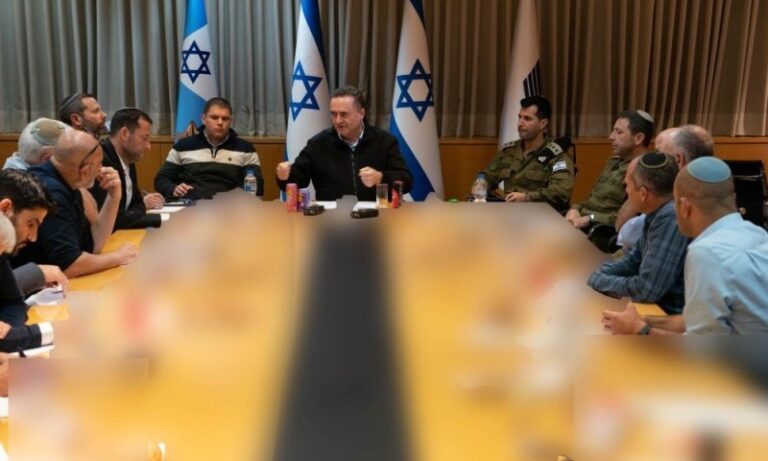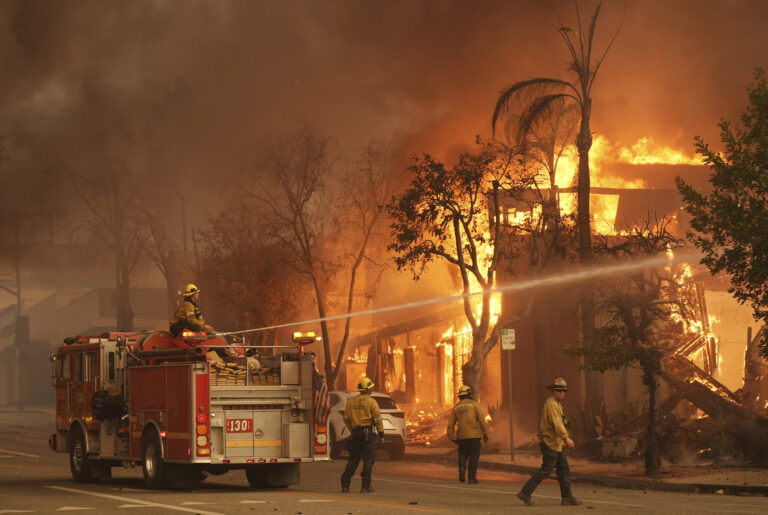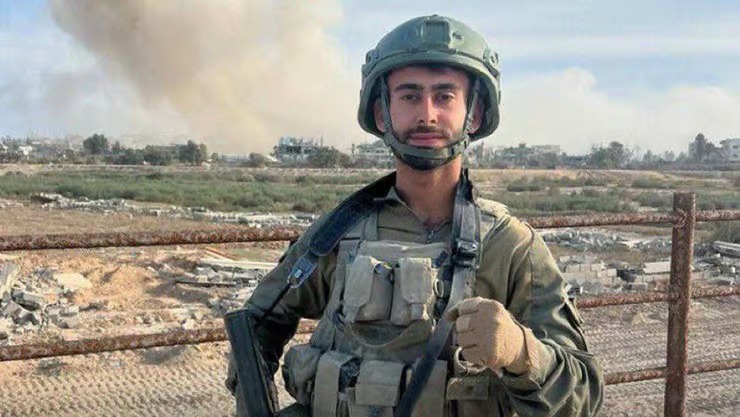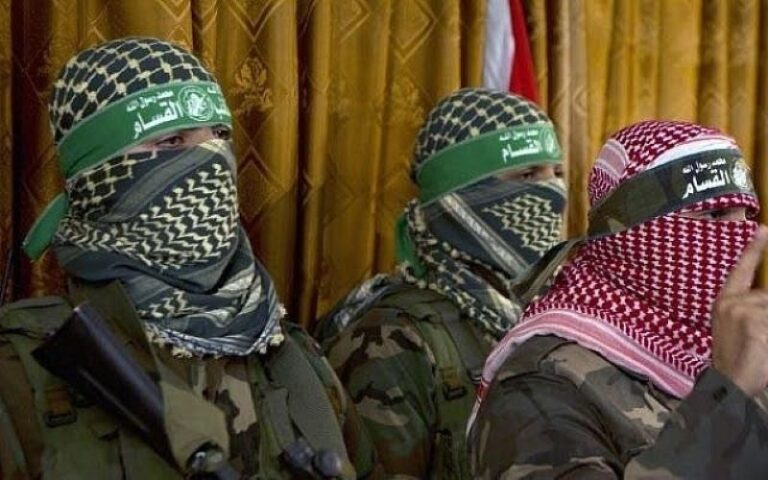Iran’s armed forces are caught in a spectacular blame game following the dramatic downfall of Syrian President Bashar Al-Assad, according to sources who spoke to The Telegraph. The collapse of Assad’s regime, once a cornerstone of Iran’s regional influence, has triggered an unprecedented meltdown within the Islamic Revolutionary Guard Corps (IRGC), with commanders trading furious accusations over the catastrophic loss.
“The atmosphere is like something out of a bad comedy,” an official in Tehran revealed. “They’re yelling at each other, punching walls, and kicking rubbish bins. Everyone is blaming everyone else, and no one wants to admit fault.”
The unraveling of Iran’s decade-long effort to prop up Assad has sent shockwaves through the regime. For over ten years, Iran funneled billions into maintaining its grip on Syria, not out of loyalty to Assad, but to secure a critical foothold near Israel and a supply route to Hezbollah in southern Lebanon. That strategy has now crumbled, leaving Iran’s leadership scrambling for answers.
“No one ever imagined Assad fleeing,” the official admitted. “The entire focus was on keeping him in power—losing Syria was simply unthinkable.”
The fallout has cast a harsh spotlight on Brig. Gen. Esmail Qaani, the IRGC Quds Force commander, whose leadership is being openly questioned. While no one dares to confront him directly, whispers of accountability and calls for his dismissal are growing louder.
Iran’s Supreme Leader Ayatollah Ali Khamenei is reportedly furious, summoning IRGC commanders repeatedly and preparing to address the nation on what insiders are calling an “unprecedented regional debacle.” Meanwhile, behind closed doors, the IRGC remains in disarray, paralyzed by infighting and uncertainty over how to salvage its regional ambitions.
Adding to the chaos is the loss of Syria as a key supply line for Hezbollah. “We’re at an impasse,” admitted another IRGC official. “There’s no discussion of arms shipments anymore—right now, it’s about survival and figuring out what’s next.”
For a regime accustomed to projecting dominance, the fallout from Assad’s downfall is a bitter and highly public humiliation. As Iranian officials grapple with the scale of their failure, the question remains whether this crisis will lead to meaningful changes or further entrench the regime’s dysfunction. For now, the walls of Tehran echo with shouted blame and the sound of kicked trash bins, a fitting soundtrack to a spectacular strategic collapse.
(YWN World Headquarters – NYC)












One Response
Hashem willing, this may bring about the downfall of the mullah regime in Iran.